On a recent trip to Dakar, Senegal, I spent the afternoon with a 17-year-old that had spent 4 years in jail after a fight over football turned violent. Now, he visits sick people in his community so they have something to look forward to and somebody to talk to. This young man served 4 years in prison after a bad decision early in his teenage years, but he laughed at me when I asked whether he could contribute to making the world a better place. He replied, “I mean, look at me, no one talks to me about this type of stuff. Everyone thinks I’m a drug dealer, or up to no good… I can’t change anything; no one will give me a chance to.”
There is a willingness among youth to contribute to promoting peace, justice, and compassion, illustrated by many I met on the first trip in a series commissioned by UNICEF for the LMTF 2.0 Working Group on Global Citizenship Education. The working group is led by the Global Education First Initiative, the Youth Advocacy Group (YAG), UNESCO, and the Brookings Center for Universal Education. However, when I asked those same young people how we might “scale” their compassionate behavior to create change on a larger scale (even if global activity was an agglomeration of hyper-local actions), their confidence wavered. They didn’t feel empowered enough to believe they could realistically make a wider change.
In speeches by U.S. President Barack Obama and as part of Scotland’s education curriculum, Global Citizenship Education (GCEd) is becoming a subject that decision-makers around the world are increasingly talking about—and one that is becoming an important topic on the education agenda.
If the aim is a more well-rounded, effective education to prepare for the future, the shift in recognizing the importance of global citizenship is encouraging; however, very little seems to be known about young people’s experience with existing global citizenship education (in whichever form they receive it; in whatever way it then affects their behavior). One of the aims of the LMTF global citizenship working group is to ensure that the voices of and the opinions of the hardest to reach young people are at the heart of the development of GCEd policy.
To prepare for my visit to Senegal, I had conversations with a group of young people in London—the kind policymakers often call “hard to reach.” Whereas the term “GCEd” currently sparks lengthy, convivial debate among education professionals, these young Londoners’ faces went blank as I asked their opinion on global education. From what I found, this was, first, because young people are not accustomed to being asked their opinion of the future of their education. Second, let’s be honest: if “global citizenship education” sounds like pretty dull language to me at 25 years of age, how might this sound to a young teenager? For this reason, very early on in our research, we made the conscious decision to not explicitly mention “global citizenship education” at any point during the Dakar consultations.
Conducting research with young people to understand their perspectives is a fine art. In this instance, while we were interested in how young people connected with global citizenship (if they did at all), it was essential first to understand youth culture. By understanding how young people live, their mindsets, behaviors, motivations, passions, and needs, we provide rich context from which we can understand the place and role that global citizenship education can best play. If a desired outcome is that young people gravitate towards GCEd, rather than needing to be pushed into it, it is likely that we need to tailor content and context at policy level, so it is relevant to young people’s lives.
My trip to Dakar coincided with the “Youth Advocacy Toolkit Training” in association with Plan, the Global Education First Initiative, and YAG. When I was there I had conversations with the incredibly well-informed YAG members from Sierra Leone, Liberia, and Norway, facilitated a workshop with Senegalese girls who were part of a youth urban music academy, and then had in-depth conversations with two 17-year-old ex-prisoners while collecting anecdotal data from taxi drivers and youth mentors who lived and worked in Dakar.
Aside from what I’d learned about the term “global citizenship education” in my pre-calls and desk research prior to my visit, I came to Dakar with no idea how the issues that lie at the heart of the GCEd debate would be received among young people across the globe. I left pleasantly surprised. The young people I met were almost universally responsive to how they, and their peers from all walks of life could actively contribute to changing a community, country, or the world for the better. It was clear that not only enthusiasm, but also optimism existed both among the more privileged young people I met, with more access to education and resources, and among young people living in Dakar with little access to tools that inform them about global issues like peace, human rights, the environment, and gender-based issues. Both groups professed themselves equally receptive to the idea of taking action to remedy global citizenship’s challenges.
All of the young people I spoke to were dealing with their own personal difficulties, yet had still made selfless moves to improve someone the lives of others. I heard corroborated stories of girls rallying together on a Sunday, putting on their favorite music and cleaning up the rubbish on the sides of the road; young mentors who use hip-hop music to spread social messages; and a members of the YAG who took a stand against teachers abusing their power at school. What I took from this was the insight that it didn’t need to be called “global citizenship education” to be acted upon as such. The values that GCEd aims to promote seemed to be hard-wired into the young people I met and talked to.
The five days spent in Dakar are just the beginning. There is much more to learn, from uncovering insights and trends in youth culture to really digging deep into what young people’s appetite for global citizenship education and action may be in other contexts. I left Senegal believing that it is imperative that a larger and more diverse number of young people feel emboldened just to talk about topics that have global relevance. This discussion will enable them not only to explore the issues that personally affect them, but also articulate and advocate on behalf of values and issues that can transcend national, cultural, and ethnic borders, with a widening group of peers who feel the same, and see the world (and their role within it) in the same way. This is a huge task, but knowing that there are young people in Dakar from all walks of life who are up for the challenge gives me hope that young people elsewhere in the world will be too.
Tamika Abaka-Wood, a consultant with
Ben&Andrew
, is engaging with hard-to-reach youth around the world to bring their voices to international dialogue on Global Citizenship Education, as part of a project led by the U.N. Secretary General’s Global Education First Initiative Youth Advocacy Group.
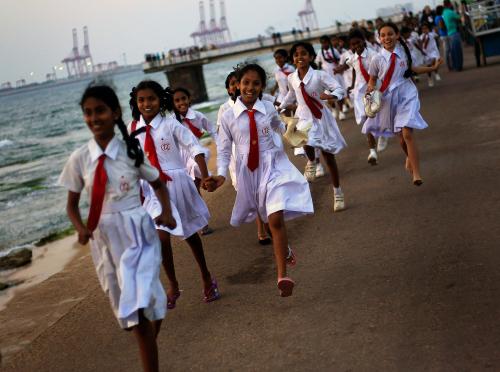
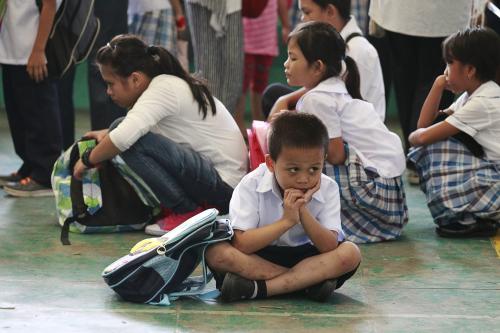
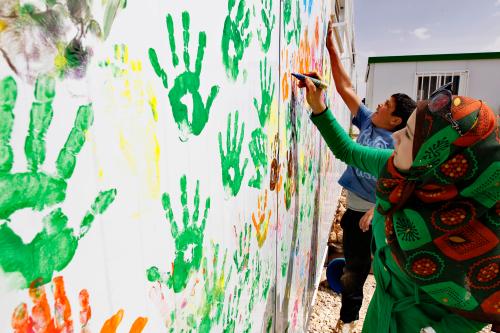
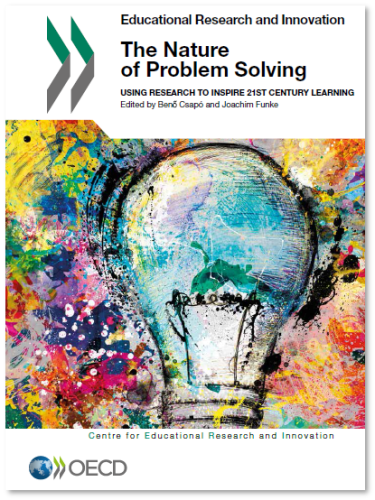
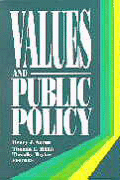
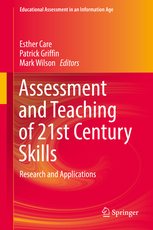



Commentary
Leveraging the voices of the youth: LMTF global citizenship education youth consultations
May 11, 2015